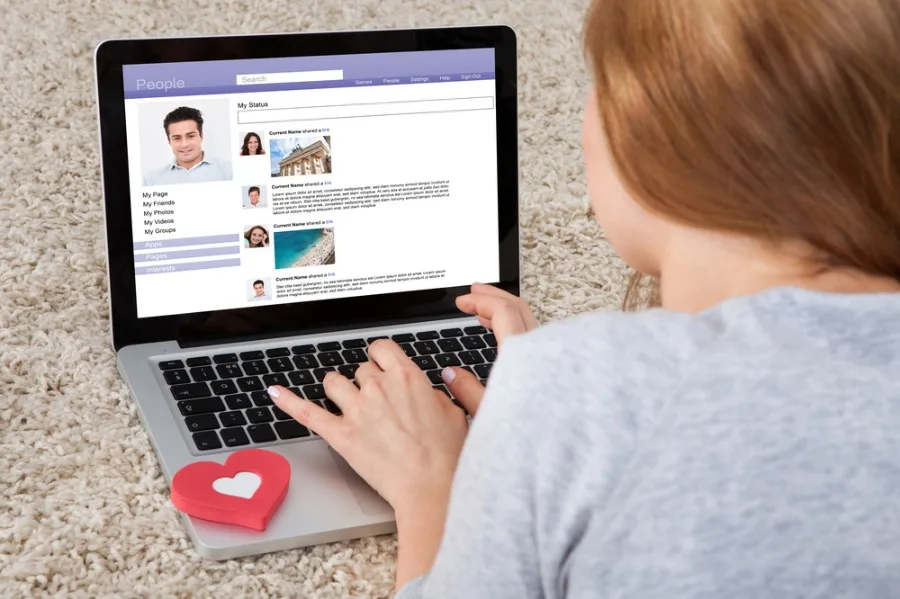This post may contain affiliate links. I only recommend products I use and love. Read the full disclosure here
Last Updated on December 11, 2024 by Alaina
Advances in technology have had a life-saving impact on medicine, as well as dramatic influences in many areas ranging from banking to dating. However, along with the benefits that have been experienced in these and other areas, there is also an increased need for stronger security and protection of sensitive personal and financial information. Let’s take a look at some of the impacts of technology on privacy in modern life.

Medicine
Paper health records have increasingly given way to Electronic Health Records (EHR). EHRs contain digital versions of nearly every aspect of a patient’s medical treatment: history, physicians’ notes, symptoms and diagnostics, medications, lab results and diagnostic test results, immunizations and vital signs.
The transition away from paper records has made it easier to coordinate patient care between multiple medical providers, pharmacists, or first responders. EHRs are also more convenient for patients since they no longer have to provide the same information multiple times. To know more, individuals can refer to this EHR explained article that can provide a comprehensive overview of this technology.
However, digital records are potentially vulnerable to unauthorized access through hackers or improper sharing. The Health Insurance Portability and Accountability Act of 1996 (HIPAA) was enacted to protect patients’ medical information from unauthorized access. Best practices under HIPAA require healthcare providers to limit access to sensitive information through strong encryption and allow patients to limit access to certain types of information. Many providers using EHR are looking for the best options for cloud faxing as faxing is a much safer way to transmit documentation and is HIPAA compliant.
Banking
These days nearly every financial institution offers online and mobile banking as a convenience to customers. Credit card companies also allow customers to handle nearly every aspect of their accounts online. Along with ATMs, these technological innovations have sharply reduced the need to physically visit a bank to conduct banking business.
The Gramm-Leach-Bliley Act of 1999 allows individuals to limit access to their personal information while allowing financial institutions to share information with third parties for legitimate purposes. Nonetheless, online financial information represents a potential gold mine for fraud artists and identity thieves. Data breaches occur all too often, on both an individual level and in massive breaches involving thousands or even millions of individuals.
Interpersonal Relationships
Back in the day, people were embarrassed to admit that they engaged in online dating. Couples who met online often invented cover stories to disguise the fact the way they had actually met. Today, apps like Tinder and services like Match are a part of mainstream culture.
However, people using data apps may be revealing far more information than they realize. Many apps link dating profiles with Facebook profiles, which often contain personal information like addresses and phone numbers. In the European Union, individuals are entitled to obtain access to information collected about them by online services, including data apps thanks to the 2016 General Data Protection Regulation(GDPR). No such legislation exists in the United States.
Technology and Privacy
Given the vulnerability of so much of each person’s sensitive information, it could be tempting to disengage from technology. However, even if it were possible to do so, it’s really not necessary to go off the grid to protect sensitive personal, medical and financial information. Investing in an identity theft protection plan from Norton 360 with Lifelock makes it possible for individuals to enjoy the conveniences of 21st-century technology while protecting themselves and their loved ones from unauthorized access and use of their data.
